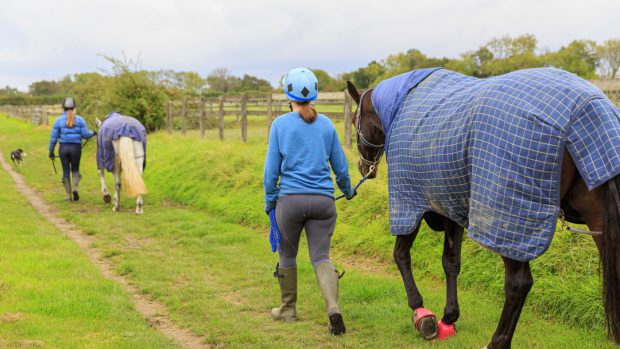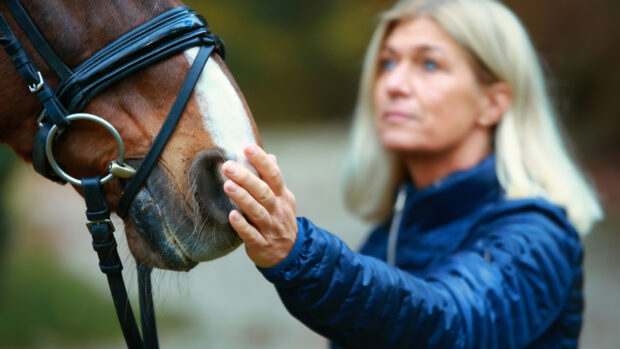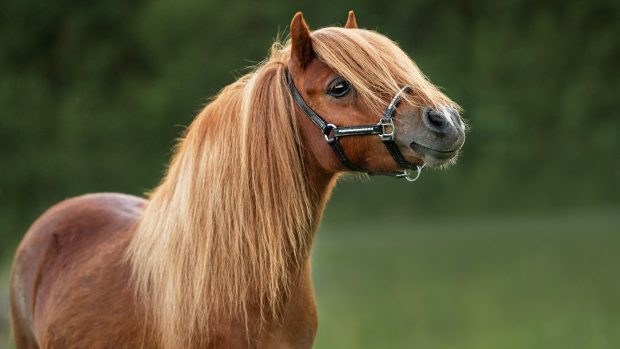More articles on equine insurance
I was holding a horse while a lady on my yard was mounting when it spooked and shot forward. I was pulled over and the horse landed on my leg, causing a spiral fracture to my tibia and fibula. Can I claim against the horse owner’s insurance?
CH, Warwickshire
Incidents like yours are sadly not uncommon. Anyone experiencing an incident they believe warrants an insurance claim should write a record of the incident and the surrounding circumstances, and immediately obtain names and contact details of any witnesses. There may be a yard “accident book” in which to record the details.
As the law is complex, it is best to firstly establish the legal relationship between the handler and horse owner, as David Buckton, associate director at South Essex Insurance Brokers (SEIB), explains: “This could be an employer/employee relationship, to which a claim could possibly be pursued under an employer’s liability policy, if this cover is in force.
“If this was a pleasure activity, the horse’s owner may have a public liability policy,” he said.
“However, this would only apply if some sort of legal liability is established, for example, if it is proven the horse has spooked in the past and has caused injuries. If the incident is identified as a pure accident, the handler may find they have no recourse under the horse owner’s public liability cover.
“This issue highlights the need for people handling or riding horses to purchase personal accident cover, where they do not receive sick pay or medical cover from their employer,” David explained.
“This would be tailored to the individual’s needs, for example weekly benefits to cover loss of earnings when they are temporarily disabled. It is advisable to speak to your insurance brokers and explain your requirements.”
Individual personal accident policies can cover the policy holder for loss of income if an injury temporarily stops them from working, and provide a lump sum in the event of the policy holder being permanently disabled, or in the event of death.
Examples of cover are eyesight loss, temporary disablement through broken bones, permanent disablement, loss of limbs and death. The premium depends on how much cover is purchased, your job and the type of riding you do.
Information
SEIB, tel: 08454 500631 www.seib.co.uk
This Q&A was first published in Horse & Hound (9 April, ’09)
Looking for more articles on equine insurance?




